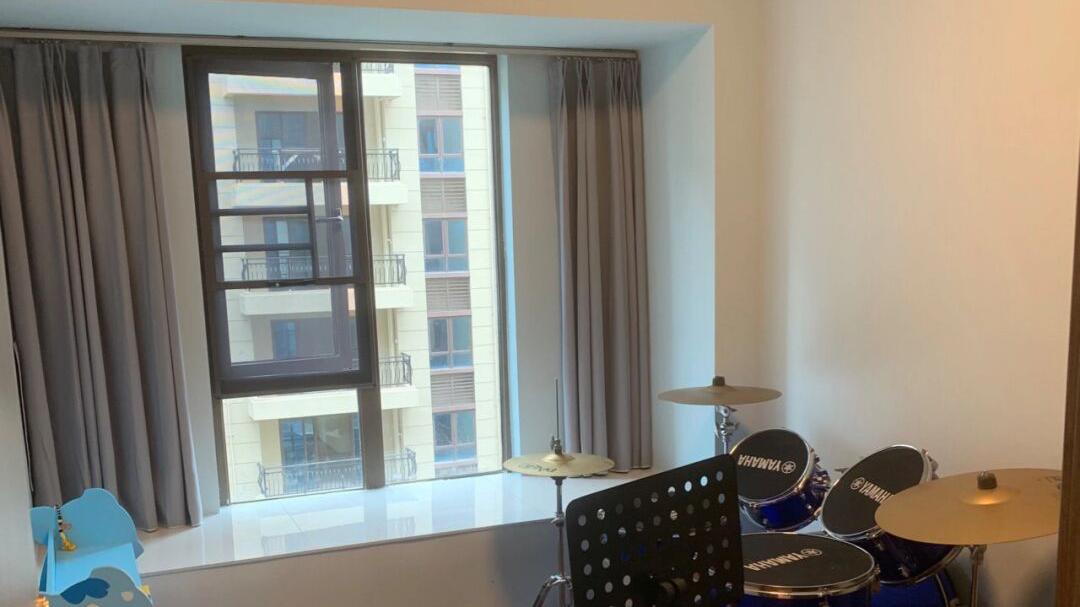[root@k8scloude1 pod]# kubectl get pods -o wideNAMEREADYSTATUSRESTARTSAGEIPNODENOMINATED NODEREADINESS GATESpod11/1Running07s10.244.251.213k8scloude3<none><none>[root@k8scloude1 pod]# kubectl delete pod pod1 --forcewarning: Immediate deletion does not wait for confirmation that the running resource has been terminated. The resource may continue to run on the cluster indefinitely.pod "pod1" force deleted3.5.3 节点亲和性权重你可以为 preferredDuringSchedulingIgnoredDuringExecution 亲和性类型的每个实例设置 weight 字段,其取值范围是 1 到 100 。当调度器找到能够满足 Pod 的其他调度请求的节点时,调度器会遍历节点满足的所有的偏好性规则, 并将对应表达式的 weight 值加和 。最终的加和值会添加到该节点的其他优先级函数的评分之上 。在调度器为 Pod 作出调度决定时,总分最高的节点的优先级也最高 。
给节点打标签
[root@k8scloude1 pod]# kubectl label nodes k8scloude2 yy=59node/k8scloude2 labeled[root@k8scloude1 pod]# kubectl label nodes k8scloude3 yy=72node/k8scloude3 labeled创建pod,preferredDuringSchedulingIgnoredDuringExecution指定了2条软策略,但是权重不一样:weight: 2 和 weight: 10
[root@k8scloude1 pod]# vim preferredDuringSchedule2.yaml [root@k8scloude1 pod]# cat preferredDuringSchedule2.yamlapiVersion: v1kind: Podmetadata:creationTimestamp: nulllabels:run: pod1name: pod1namespace: podspec:affinity:nodeAffinity:preferredDuringSchedulingIgnoredDuringExecution:- weight: 2preference:matchExpressions:- key: xxoperator: Gtvalues:- "60"- weight: 10preference:matchExpressions:- key: yyoperator: Gtvalues:- "60"containers:- image: nginximagePullPolicy: IfNotPresentname: pod1resources: {}ports:- name: httpcontainerPort: 80protocol: TCPhostPort: 80dnsPolicy: ClusterFirstrestartPolicy: Alwaysstatus: {}[root@k8scloude1 pod]# kubectl apply -f preferredDuringSchedule2.yamlpod/pod1 created存在两个候选节点,因为yy>60这条规则的weight权重大,所以pod运行在k8scloude3
[root@k8scloude1 pod]# kubectl get pods -o wideNAMEREADYSTATUSRESTARTSAGEIPNODENOMINATED NODEREADINESS GATESpod11/1Running010s10.244.251.214k8scloude3<none><none>[root@k8scloude1 pod]# kubectl delete pod pod1 --forcewarning: Immediate deletion does not wait for confirmation that the running resource has been terminated. The resource may continue to run on the cluster indefinitely.pod "pod1" force deleted3.6 Pod 拓扑分布约束你可以使用 拓扑分布约束(Topology Spread Constraints) 来控制 Pod 在集群内故障域之间的分布, 故障域的示例有区域(Region)、可用区(Zone)、节点和其他用户自定义的拓扑域 。这样做有助于提升性能、实现高可用或提升资源利用率 。
经验总结扩展阅读
- 多情总被无情伤 这些星座是爱情里的傻瓜
- JAVA的File对象
- 秋天冰箱的温度怎么调才正确 冰箱不制冷的原因是什么
- 性格坚强的三大星座女 却最让人心疼
- 外出发展 最易发财的星座
- 画饼专家 这些星座男的话不能全信
- 2023年9月13日是剪指甲吉日吗 2023年9月13日是剪指甲的黄道吉日吗
- 工资过10万的十大职业 哪些工作工资超高
- 2023年9月13日是年前洗澡的黄道吉日吗 2023年农历七月廿九年前洗澡吉日
- 十二星座秉承单身主义的原因 遇不到对的人还是享受孤独










